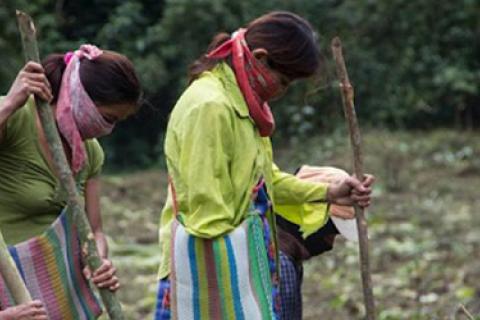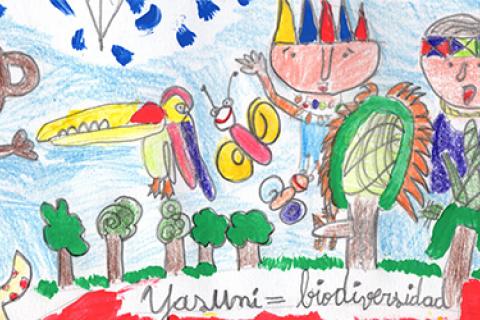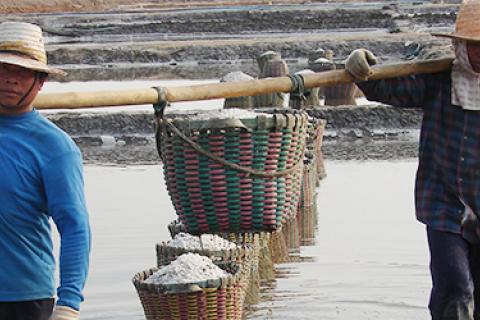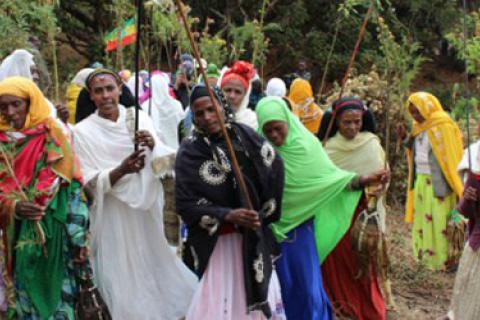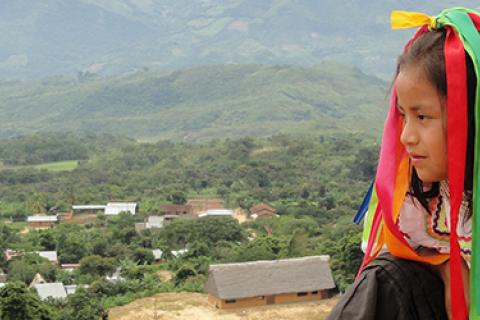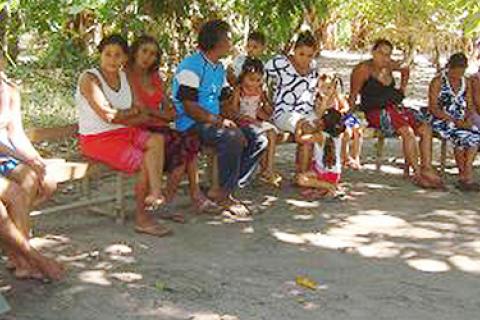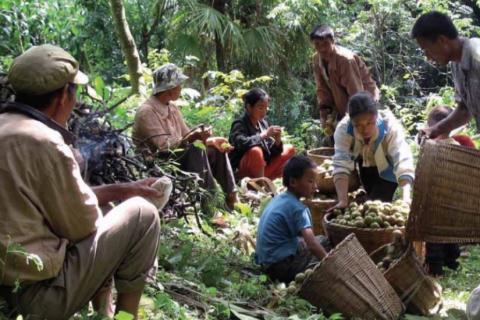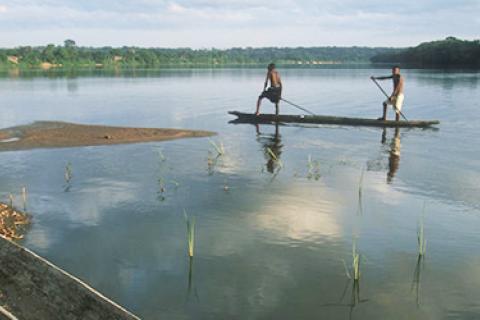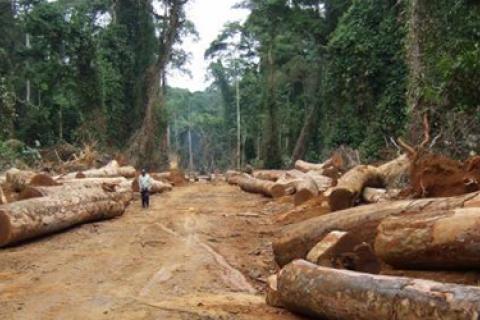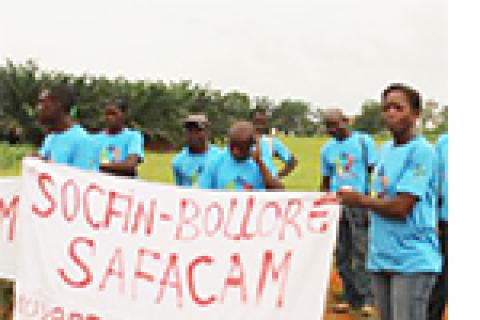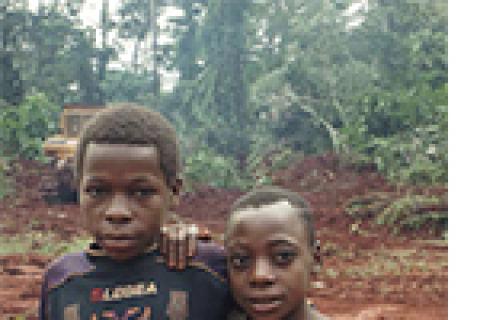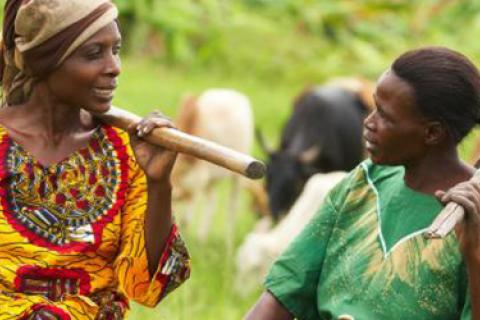Ten years ago, the Indian writer Kiran Desai published a novel called The Inheritance of Loss, about the long-lived wounds and suffering connected with colonialism and globalization.
Such topics are normal territory for a novelist or poet. But what do they have to do with the World Rainforest Movement? What with never-ending pressures to respond to new outrages, the always-unique lived experience of loss is a topic that forest activists may not always dwell on very much.
Bulletin articles
Different words, different sides
“This small family, the father, the mother and their two children, enters the sacred forest in order to find solutions to the illnesses and various problems that afflict them.”
Modern people usually refer to medicinal plants as resources at the service of humans. This way of referring to them does not seem to be universal. The Quechua-lamas of the Amazon foothills regard plants as people, even more, they treat them as if they were a living community.
The Congo Basin in Central Africa contains the second largest forest in the world. Its extensive territory is shared by six countries: the Democratic Republic of Congo, the Republic of Congo, Gabon, Cameroon, the Central African Republic, and Equatorial Guinea. With this Bulletin we seek to explore in depth and report on the intense land-grabbing that people are confronted with and resist in this region—a forested area that houses and provides the livelihood and sustenance for around 30 million people.
Socapalm and Safacam are two companies controlled by Socfin, a multinational agribusiness specialized in the cultivation of oil palm and rubber. The group has financial and operating companies in Belgium, Luxembourg and Switzerland, which manage plantations in a dozen African and Asian companies. The group's aggressive expansion policy has led to land-grabbing, causing serious impacts on local communities' living conditions.
In southeast Cameroon, Baka Indigenous Peoples and their neighbours continue to be illegally evicted in the name of conservation, most recently for a game reserve set up in 2015 with the support of the World Wildlife Fund (WWF). A video made by Survival International shows the testimonies of Baka men and women revealing the violence they have suffered at the hands of anti-poaching militias backed by WWF. This debunks WWF’s claims that the situation seems to have improved.
The agricultural force on the continent
In Cameroon as in many African countries, women daily endure practices that could be considered discriminatory in various areas of society, and especially related to land ownership. “In our family, a woman is a good, like a house or a plantation,” said Léon Mba, leader of the Pamue Congress in 1949. (1)
